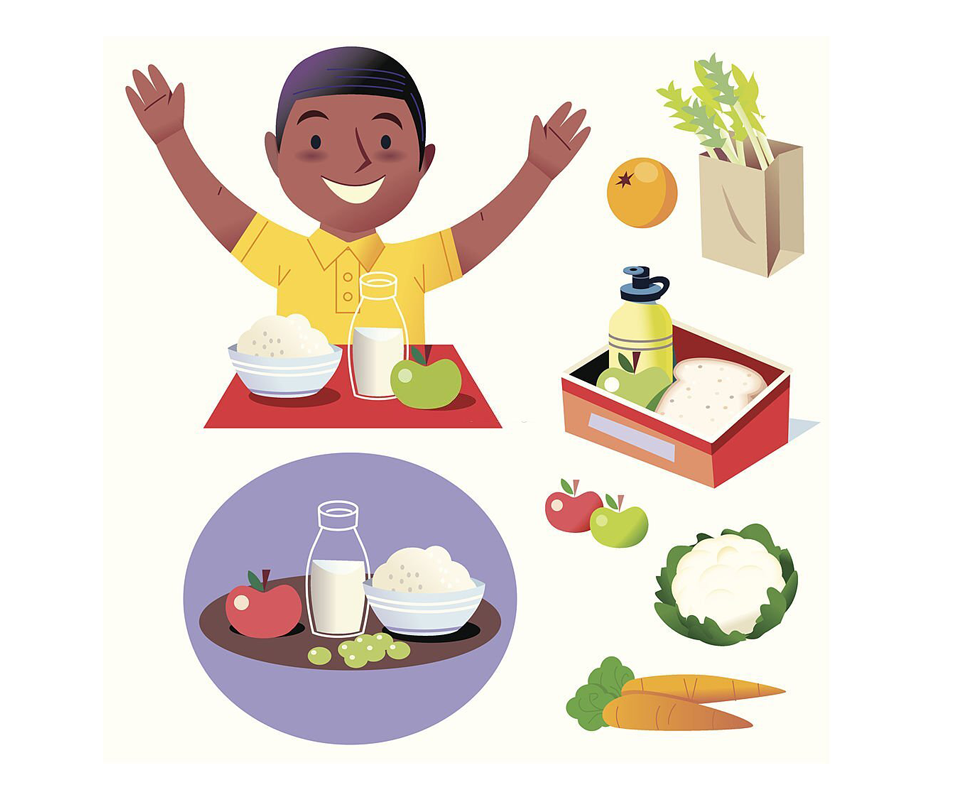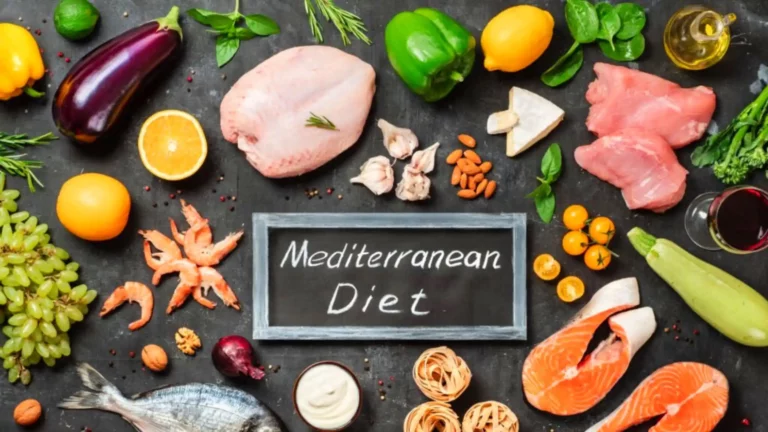A Nutritious Diet Is Linked To Mental Well-Being In Children | Research

Scientists have proven the saying- “Eat good, feel good”, especially for children. But how? Let’s find out in the article given below.
Research published online under the title Identification and Prevention of Dietary- and Lifestyle-Induced Health Effects in Children and Infants (IDEFICS) suggests that children’s mental health may be linked to their diet.
Approximately 2.7 million children were diagnosed with depression in the USA from 2016 to 2019. The social pressure of a certain body shape is one of the main reasons for depression among obese children. And the number of overweight children is increasing with each passing year.
The study published in the BMJ Nutrition Prevention & Health tried to find the association between children’s consumption of fruits and vegetables, their meal choices, and their mental well-being.
Details of the study
🔖 The data was collected from 50 schools, including primary schools, secondary schools, and educational universities of Norfolk and Young People’s Health and Wellbeing Survey 2017. A total of 10,853 students filled out the survey on their mental health and nutrition.

🔖 The survey asked general questions about the children’s consumption of fruits and vegetables and what they eat for breakfast and lunch. It also included other questions such as alcohol consumption (not for primary school children), any long-term illness, weight satisfaction, any bully experiences, living situation- whether someone in their family smokes, do they have their room, etc.
🔖 The study also included information about self-confidence, emotional problems, and relationships with parents and peers. Researchers across the world studied this data and tried to understand the connection between diet and psychological well-being among children.
Results of the study
>> Researchers found that nutritional diets led to increased overall well-being in children.
Overall, the study listed food items that are associated with healthy mental health. For example, 2-3 portions of fish per week help with better self-esteem, and consuming wholemeal products reduces peer problems. The study also showed that the children with better mental health ate fruits, vegetables, fats, and less sugar.
Dr. Louise Arvidsson, the corresponding study author said that we found that in young children aged 2–9 years, there is an association between adherence to healthy dietary guidelines and better psychological well-being, which includes fewer emotional problems, and better relationships with other children, and higher self-esteem.
The executive director of the NNEdPro Global Center for Nutrition and Health, Sumantra Ray remarked that this study provides the first insights into how fruit and vegetable intake affects children’s mental health and contributes to the emerging evidence around ‘food and mood.
He further continued that this study should help to stimulate further research on diet and mental health, as well as help to inform public health policy.
Bottom line
Your mood depends on your food and you become what you eat. So, eating a healthy and nutritious diet should be a major priority of everyone and especially youngsters.





